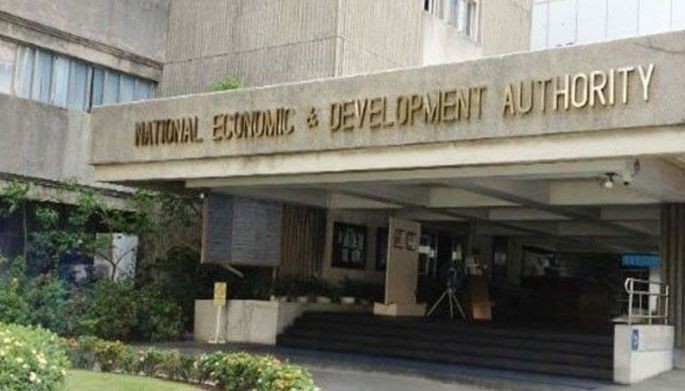MANILA, Philippines — The National Economic and Development Authority (NEDA) is looking to issue the amended guidelines for joint venture agreements between the government and private entities within the fourth quarter as part of efforts to provide an enabling investment climate for businesses.
NEDA said Socioeconomic Planning Secretary Arsenio Balisacan mentioned during the US-ASEAN Business Council meeting that the amended NEDA Joint Venture Guidelines would be issued before the end of the year.
Balisacan said this would ensure greater competition in joint venture projects,
It will also address concerns about the performance standards of operators, particularly for critical infrastructure.
Recognizing the important role of the private sector in job creation and poverty reduction, NEDA said the government would continue efforts to provide an environment more conducive for businesses.
Balisacan said among the game-changing reforms that would help encourage investments to be made in the country are the amendments to the Public Service Act (PSA), Retail Trade Liberalization Act and the Foreign Investments Act.
He said the PSA amendment, in particular, opens the economy to greater competition in sectors such as railways, expressways, airports, shipping and telecommunications.
“With its passage, the force is set for industry players to become more competitive by lowering their prices, introducing innovations, and raising the quality of their goods and services,” he said.
In addition to these reforms, he said the government has also finalized amendments to the implementing rules and regulations (IRR) of the Build-Operate-Transfer Law.
The amended IRR took effect on Oct. 12.
The IRR amendments seek to address the concerns on the financial viability and bankability of public-private partnership projects and potential delays that might affect the implementation process.
“With this reform, we hope to raise the confidence of investors who dedicate substantial resources to developing high-quality and high-impact infrastructure projects – including those that will benefit the social sectors of health, education, and agriculture,” Balisacan said.
“Amid the economic headwinds and geopolitical tensions, the Philippine government aims to address the binding constraints hindering rapid and sustained economic growth to create more and higher-quality jobs in growth driver sectors such as manufacturing, construction, agriculture, tourism, IT-BPOs (information technology-business process outsourcing) and high-tech and creativity sectors,” he said.
He said the adoption of the Medium-Term Fiscal Framework for prudent fiscal management, and the formulation of the Philippine Development Plan, which will serve as an overall blueprint for 2023 to 2028, would enable the government to address short-term issues such as high inflation and scarring from the pandemic, and achieve the medium-term socioeconomic goals.


